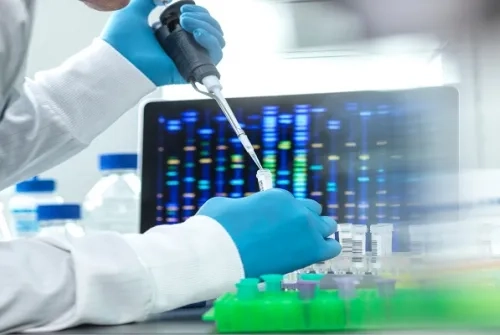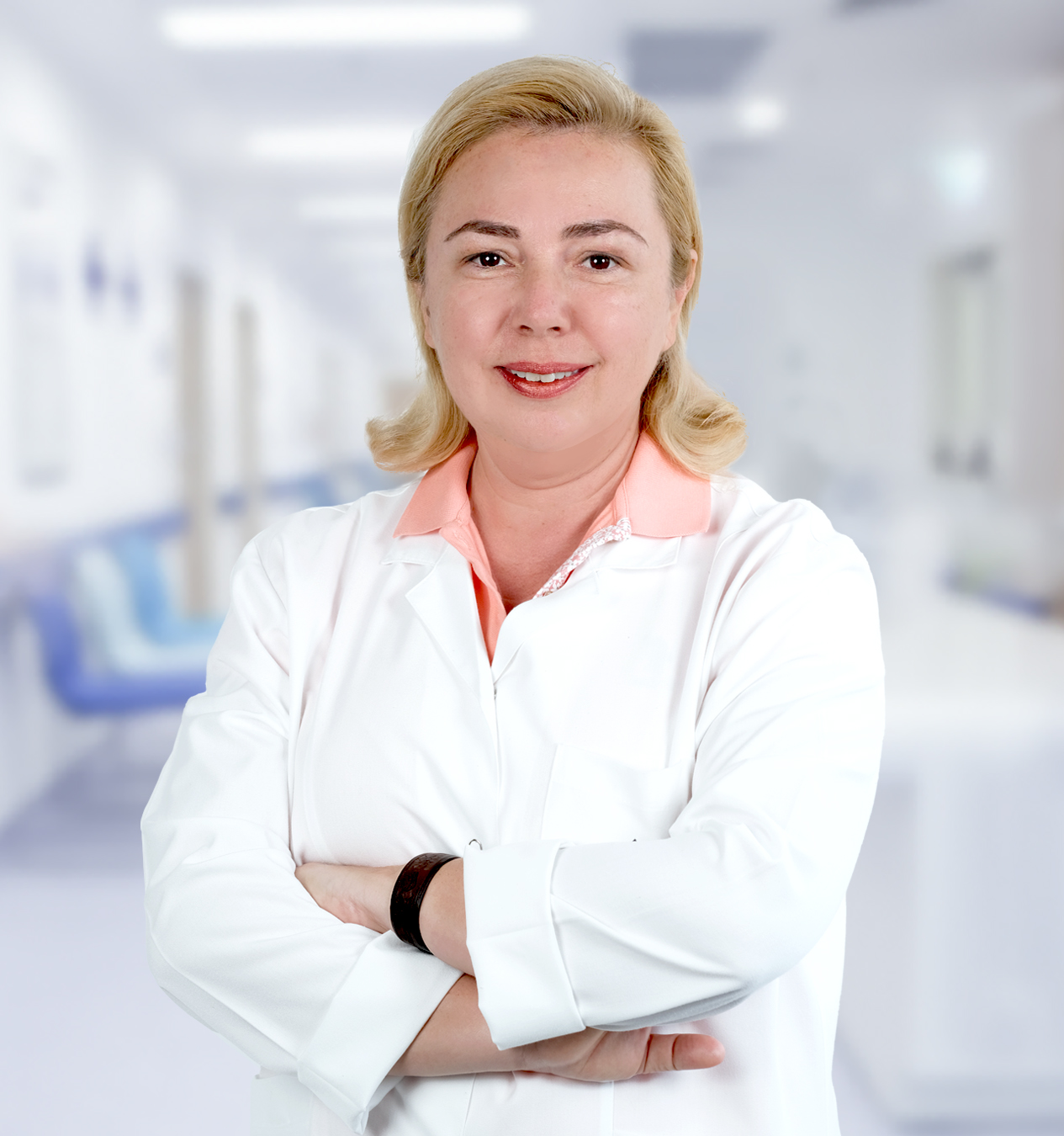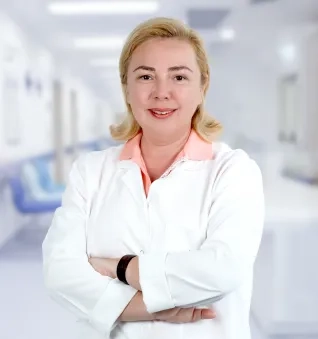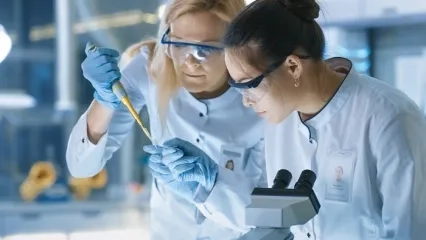Alo Yeditepe
Alo Yeditepe
Genetic Tests in Cancer
What is a Genetic Disease?
The group defined as genetic diseases actually constitutes a large group that can include all diseases in medicine. Because the structures we call genes are the structures that contain the codes that make up the entire human body and ensure the healthy functioning of all organs. If there are errors in these genes and molecules, the system may deteriorate and therefore diseases may occur. Genetic diseases occur as a result of genetic disorders. A very wide scale is mentioned, from mental retardation to difference in physical appearance.
Is Cancer Also a Genetic Disease?
Cancer is also considered a genetic disease. However, cancer is divided into two groups: The majority of cancers occur when the normal genetic structure is suddenly disrupted due to external factors such as smoking, exposure to some chemicals, infections caused by some viruses or eating habits, anxiety, anxiety and stress. This group, defined as a group of cancers that occur coincidentally, constitutes 90-95 percent of all cancers.
The second group is hereditary cancers. In this group, genes inherited from the family are effective in the emergence of the disease. After all, cancer is a genetic disease.
Is Genetic Testing Done in Cancer?
There are genetic tests for both cancers mentioned. As is the case around the world, the majority of these tests in Turkey consist of tests for the genetic structure of acquired cancer that is not familially inherited. Screening and predisposition tests are also applied for the hereditary cancer group. Since the tests applied to both groups have different perspectives, their effects and directions also differ.
For sporadic cancer, that is, non-hereditary cancers; For example, in lung tumors, gene profiling of the cancer is performed after the mass is removed by biopsy or surgery. In this way, information such as what the clinical course of the disease will be and whether it will progress rapidly, aggressively or slowly can be obtained.
This genetic test to be applied in cancer not only supports the diagnosis but also determines the clinical course. It is also useful in identifying targeted chemotherapy agents that have made a significant difference in cancer treatment, especially in recent years.
Nowadays, studies under the name of personalized medicine are being carried out at a serious pace all over the world. As information continues to increase, much better progress will be made in terms of targeted treatments. As a result, cancer tests are important in guiding treatment.
What Tests Are Performed for Those with a Family History of Cancer?
Tests for family screening constitute a separate group. People with a family history of different cancers apply for these screening tests to find out their risk. At this point, families are first interviewed. Risk analyzes are determined through genetic counseling. In genetic analysis; A detailed evaluation is made, such as how many people in the family have which types of cancer, at what age these cancers appear, and in which generations they occur. Afterwards, gene analysis is performed on the person diagnosed with the type of cancer, if he or she is alive. This analysis is done from blood, no tumor is needed. Because hereditary cancers occur as a result of a mutation that we actually carry throughout our body.
How Are Genetic Tests Evaluated in Cancer?
Gene profiling is performed on the person diagnosed with cancer in the blood sample taken, and a difference related to that cancer is investigated. If such a determination is made, this difference is investigated in the person applying for cancer genetic testing. If a genetic difference is detected in the applicant, a special risk is determined according to family history and an action plan for the next life is determined. For example, in the story that has entered the terminology of the genetic community as the "Anjelina Jolie Effect"; Three people in Anjeline Jolie's family had a history of both ovarian and breast cancer, and a mutation was detected in the tests performed on Jolie. In this case, the decision was made to undergo preventive surgery.
However, preventive surgery is not recommended for anyone who has a familial genetic predisposition as a result of a cancer genetic test. At this point, the decision is made by making a risk analysis in line with the patient's opinions and according to the decision of the council, which includes medical oncologists, surgeons and radiation oncologists. However, regular follow-up of the person is recommended.
About
Faculty and Year of Graduation:
Istanbul University Faculty of Medicine, 2001
”
See Also
- What is Genetic Testing? In Which Situations Is It Performed?
- Paternal Prostate Cancer is a Risk Factor for Breast Cancer in Daughter
- The Game of Chromosomes
- Cancer Predisposition Can Be Determined With This Test
- Genetic Testing Directs Our Health
- The Vicious Cycle of Generations with SMA Can Be Overcome with Screening Tests
- Genetic Diseases Can Be Detected by a Blood Test in the Womb
Alo Yeditepe




